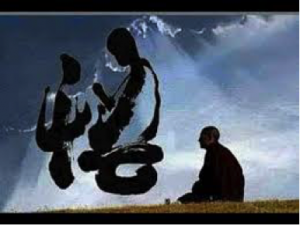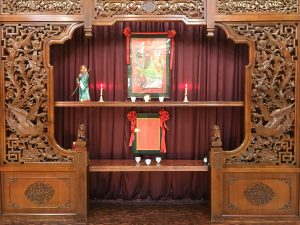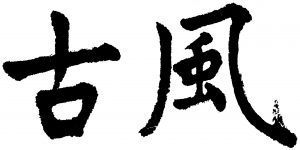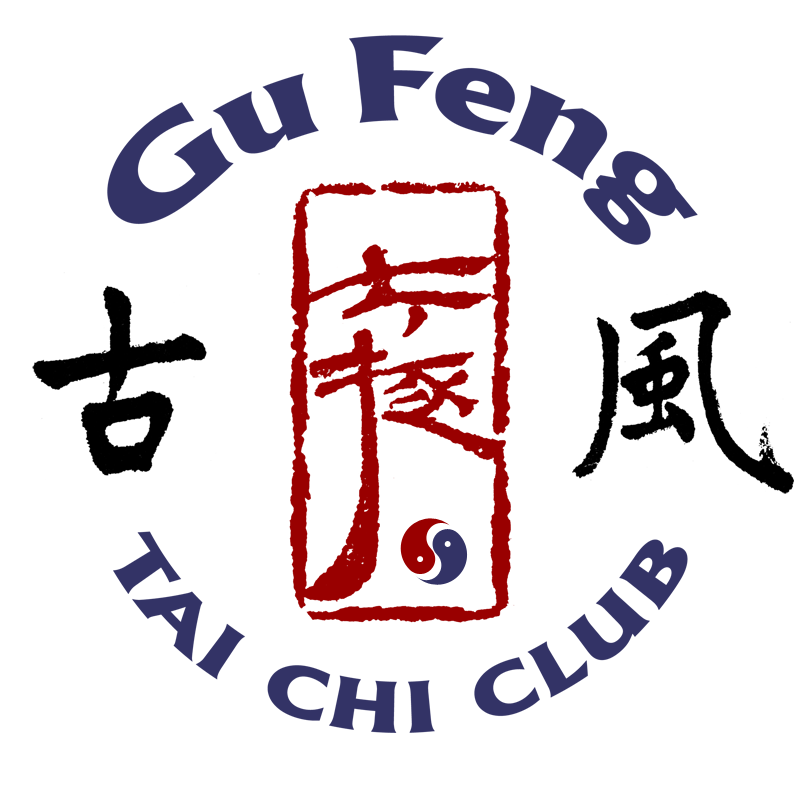Laura's Blog
THE IMPORTANCE OF SELF CULTIVATION (April 28th, 2018)

Learning Taijiquan is a process of self-cultivation. It takes more than just hard work and persistent practice. To reach a level of practice that is not superficial, one cannot simply follow the instructions. True progress is made with different stages of enlightenment, reached each time you internalize the teaching and connect the teaching with your intuition. In the same sense, good teaching of Taijiquan is never meant to be giving the student “it”, but rather, be pointing to a direction so the student will discover “it” one day in his/her own practice while contemplating the deeper meaning of the teaching. The enlightenment is like finding the moon in the sky – the inner response you have cannot be described adequately by words. A fundamental step in learning Taijiquan is being able to distinguish the difference between the Fingers and the Moon.
Hope you enjoy the Story of Hui-Neng, which inspired this blog.

CODE OF ETHICS IN TRADITIONAL CHINESE MARTIAL ARTS (April 8th, 2018)
Traditional Chinese martial arts are much more than just the teachings of fighting techniques. In particular, ethical principles are an integral part of the teachings passed down together with fighting techniques. Many stories, passed down by folklore and martial arts literature, embody these codes of ethics through the deeds of heroes in the martial arts realm. These heroes are titled “俠” (xia2, or “shia”). The Legend of Red Thread is my favorite among the stories of “俠”.
Note the character “俠” is difficult to translate, but the structure of the character tells a lot – that is if you know how to read Chinese. Let me try to provide some primers below.
“人” == a person (you can see the standing person, right?)
“大” == big (you open and expand your arms when describing something big, right?)
The character “俠” is formed by a “leaning” person on the left, signifies this character is about person(s), on the right, there is a big person and two small persons under his/her arms.
By the pictorial translation, Xia is a big person who protects small persons.
Now, here is the Legend of Red Thread, retold by Laura Ting.
 CLASSROOM COURTESY (2015)
CLASSROOM COURTESY (2015)
I am writing to remind everyone of certain aspect of behaving and using the Academy classroom. I feel that I have never formally introduced the room and should be responsible for the misbehaviors our group members from time to time. This is important in general but especially so as a courtesy to Shifu Solow, the owner of the Academy of Chinese Martial and Cultural Arts, and the designer of the classroom we are using.
 MEANING OF GU FENG (2004)
MEANING OF GU FENG (2004)
Several new members have asked what Gu Feng means. It’s a good time to review that again. Literally, Gu means ancient, Feng means wind or style. In Chinese Culture, Gu Feng is a compliment to someone’s style and integrity. It implies a set of virtues and traits, which include honesty, humility, simplicity, more deeds than words, loyalty to friends, faithful to one’s promises, doing others favor without expecting return, etc. The closest example I can think of in Western culture might be the Knights of the Round Table. So we choose this name not so much for what kind of tai chi we do but for the style of our group culture. Hope this helps.
